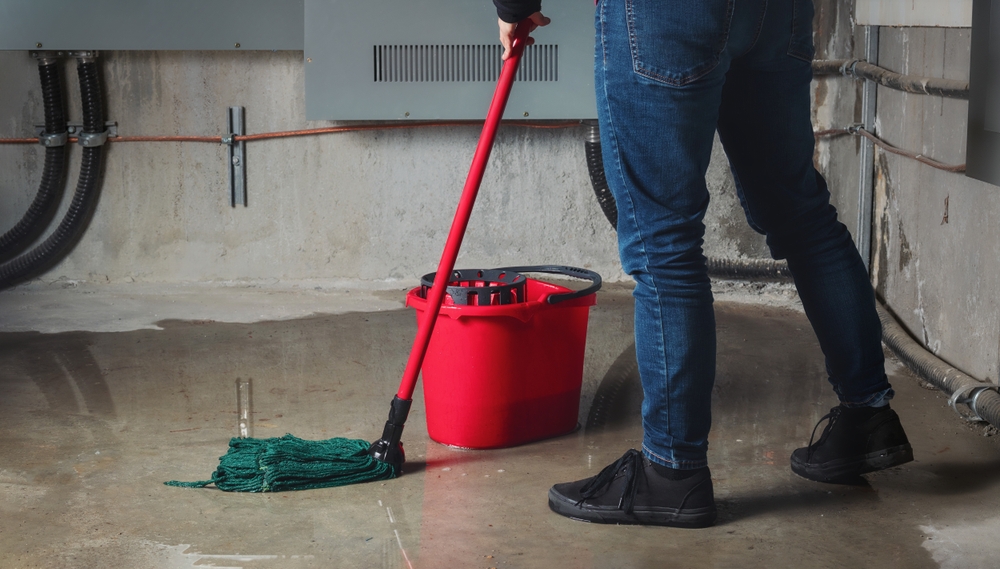
Did you know that hidden plumbing problems can form beneath your home? When this occurs, it can cost you thousands in repairs. Slab leaks form due to sewer line breaks under your foundation. Slowly but surely, this type of leak can erode your property’s structural integrity and skyrocket your water bills.
Here, a specialist in sewer repair in Renton, WA, explores what exactly causes slab leaks and, more importantly, how to prevent them.
Causes of Slab Leaks Revealed
- Pipe Corrosion
Often seen in metal pipes, deterioration occurs because of prolonged exposure to moisture, soil conditions, and mineral buildup. This is especially common in older homes with copper or galvanized steel plumbing. According to a plumbing expert, “Corrosion weakens pipes from the inside out, making them susceptible to leaks even before any visible damage appears.”
- External and Internal Pressures
The ground beneath your home moves, and it does so with surprising frequency. Shifting soil, foundation settling, and seismic activity strain underground pipes, leading to cracks or ruptures. Noisy pipes and frequent leaks are signs to call in sewer repair services, as these indicate high water pressure.
- Installation Errors: The Hidden Time Bomb
Poorly installed pipes are a major risk factor for slab leaks. Unsecured fittings, improper joint connections, or the use of low-quality materials can all contribute to plumbing failures. A pipe that wasn’t secured correctly during installation may gradually shift, leading to stress fractures and leaks over time.
Homeowner’s Checklist for Spotting Early Signs of a Slab Leak
Ignoring the early warnings of a slab leak is risky as well as costly. Pay attention and act accordingly should you notice the following:
- Unexplained water bills: Sudden increases without a change in usage could point to a hidden leak.
- Warm or damp flooring: Hot water line leaks often create warm spots on concrete or tile floors.
- Low water pressure: A leak can reduce water flow throughout your home.
- Mold or mildew growth: Mold problems can arise from moisture buildup beneath the foundation.
- Cracks in walls or flooring: Foundation shifts from water erosion can create visible structural damage.
- The sound of running water – If you hear water moving when taps are off, you may have a leak underground.
The Cost of Ignoring Slab Leaks: A Breakdown
Even the smallest slab leak is problematic as it can escalate into a financial disaster. Here’s how the costs stack up:
- Water Waste: A single leak can translate to increased utility bills, resulting in thousands of gallons of water wasted annually.
- Structural Damage: Water under your foundation can cause soil erosion, leading to costly repairs.
- Mold and Health Risks: Prolonged moisture exposure encourages mold growth, requiring professional remediation services.
- Plumbing System Failure: A minor leak left untreated can weaken pipes, eventually leading to full system failure and emergency replacements.
DIY vs. Professional Repair: What You Need to Know
Homeowners on a budget often wonder if a slab leak can be fixed through a DIY. Although DIY repairs can work in a pinch, the following scenarios necessitate no less than expert intervention:
When to Call a Professional:
- If water is leaking under the foundation; it requires specialized detection equipment.
- When there are multiple leaks, indicating widespread pipe deterioration.
- If structural damage is evident, requiring both plumbing and foundation repairs.
Preventive Measures: How to Protect Your Pipes and Foundation Against Slab Leaks
Proactive maintenance and prompt sewer pipe line repair can significantly reduce the risk of slab leaks. Be sure to adapt the following for added protection:
- Monitor water pressure: A pressure regulator can help prevent pipe stress and keep PSI below 80.
- Schedule regular plumbing inspections: Professionals can detect early signs of corrosion and leaks. They can also give invaluable input on when to replace sewer lines.
- Use high-quality piping materials: Consider PEX or copper with protective coatings when planning to have pipes replaced.
- Ensure proper drainage around the home: Functional drainage systems play an integral role in preventing soil shifts, and directing water away from the foundation.
- Address foundation cracks early: Small cracks can widen due to water intrusion, leading to major repairs.
Ignoring a slab leak is akin to waiting for disaster to worsen. The longer it goes unaddressed, the more it can cause harm to your entire property. If you suspect a leak, take action. Doing so can help protect your home, finances, and peace of mind.
